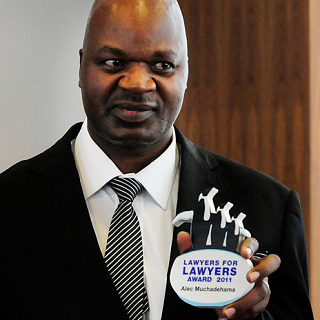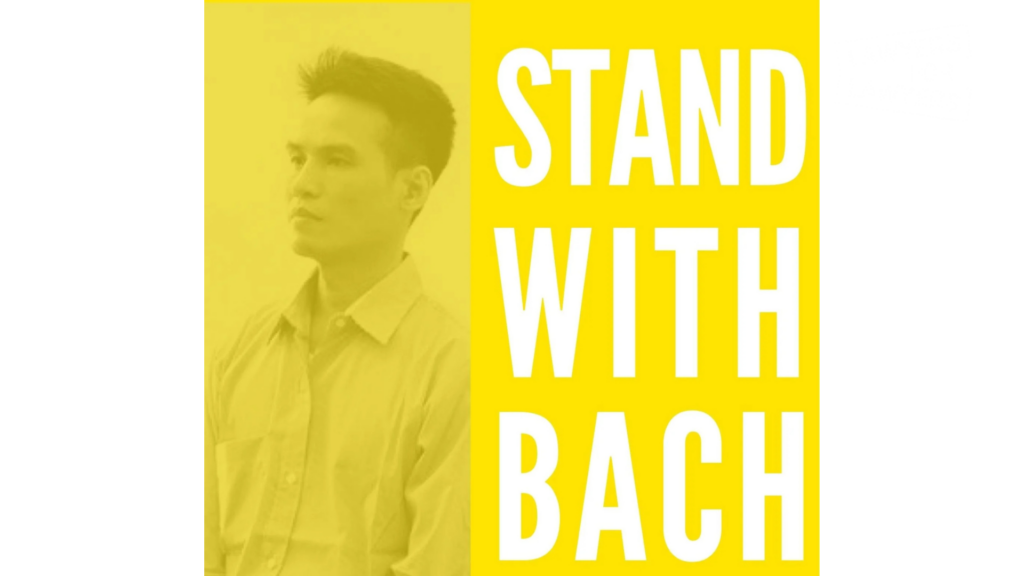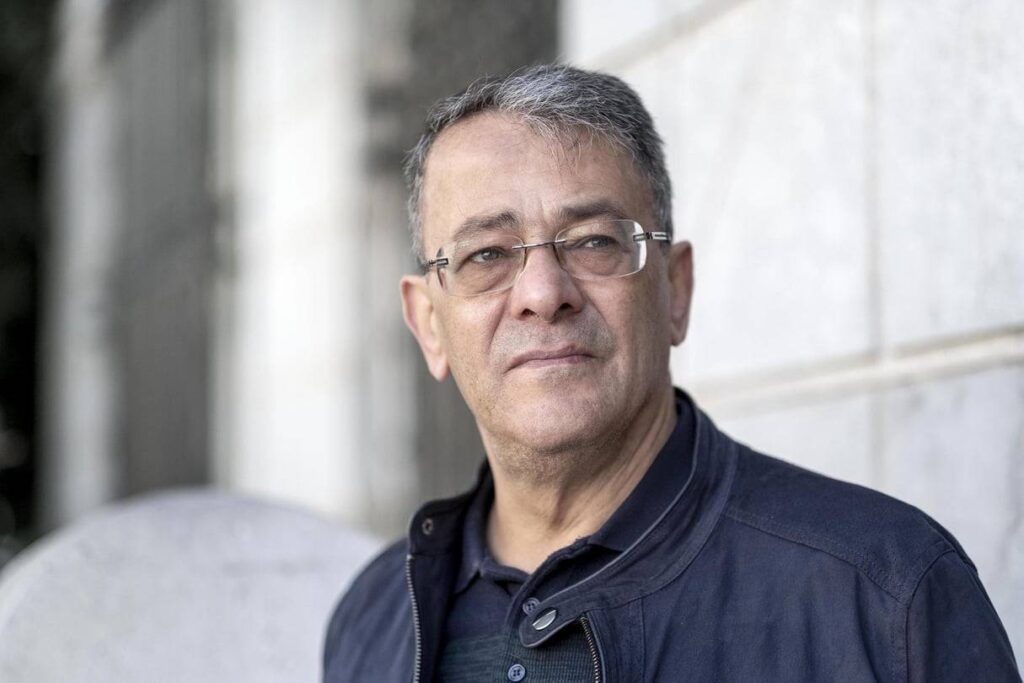The COVID-19 crisis poses huge challenges to human rights and the rule of law. The pandemic also affects lawyers all around the world in their daily professional activities, which causes a great impact on the legal profession. Lawyers for Lawyers has created a COVID-19 series to provide insight into the effect of the COVID-19 crisis on lawyers all around the world.
This article in the COVID-19 series covers the insights shared with Lawyers for Lawyers by human rights lawyer Alec Muchadehama from Zimbabwe. Alec Muchadehama has been a member of the Zimbabwe Lawyers for Human Rights (ZLHR) in Harare since 2003, where he works defending human rights in Zimbabwe. He has defended hundreds of human rights activists, members of the opposition and civilians, often successfully. In 2011, he received the first Lawyers for Lawyers Award.
“The COVID-19 global pandemic has affected almost everyone in the world in one way or the other. Lawyers and other human rights defenders in Zimbabwe were not spared. On the 30th of March 2020 the Zimbabwean Government announced a phase one lockdown for the whole country. The lockdown was effected through Statutory Instruments in which a special notice could be published at any time. Since the 30th of March 2020 to date the Government of Zimbabwe has published seventeen COVID-19 related Statutory Instruments. I must mention, that since the year 2017 the use of these Statutory Instruments as opposed to Acts of Parliament has been quite pervasive. To date over a thousand of such Statutory Instruments have been promulgated most of them unlawfully to cover any aspect of Zimbabwean lives.
Initially only those providing what was categorized as essential services were allowed to move and attend at their workplaces. Lawyers and the courts were not defined as provided an essential service hence excluded. There was therefore an initial total lockdown on the provision of legal services. The regulations were enforced by the police, army and defined health personnel. Roadblocks were mounted on all roads throughout the country. The Police and army patrolled the city centers and residential areas. The enforcement was done with a lot of excesses by the law enforcing agents. Reports by civil society organizations documented human rights abuses such as assaults, torture and other inhuman and degrading treatment and/or punishment, unlawful arrests and detention.
As lawyers we intervened to prevent excesses and illegalities by the law enforcement agents. Blessing Gorejena, a lawyer with the Zimbabwe Human Rights Institute, reported that lawyers were being harassed, intimidated and being barred from representing their clients arrested during the lockdown. Mr. Thandazani Masiye-Moyo, the President of the Law Society gave a report on challenges being faced by lawyers including being arrested, held without charge and being denied legal representation.
Through the Zimbabwe Lawyers for Human Rights (ZLHR), I, together with other lawyers, filed a number of Court cases challenging the regulations. Among these were challenges to the Government not providing enough public information on COVID-19 protocols. The challenge to allow other professions such as journalists to do their work during the lock-down challenges to the legality of some of the Statutory Instruments which were clearly unlawful in their reach.
The Government also took advantage of COVID-19 to clamp-down on fundamental freedoms. Many opposition activists were arrested, the holding of public hearings for constitutional amendments and other laws were fast-tracked, freedom of movement was curtailed with curfews being imposed. We represented many of these arrested persons.
However, we had insurmountable difficulties moving to police stations and the Courts. We would be frisked at the check points. We would not be allowed to pass despite identifying ourselves as lawyers. Whilst we were prevented from reaching our clients, they were being over detained and being held incommunicado. The case of Joana Mamombe, Cecilia Chimbiri and Netsai Marova makes sad reading. They were kidnapped by suspected State security agents. On 5 May 2020 they temporarily disappeared and were discovered 36 hours later, severely tortured. They are now facing allegations of breaking the COVID-19 regulations and spreading falsehoods prejudicial to the State.
We are also representing Tendai Biti and 6 Other top MDC-A opposition leaders. They were arrested on 5 June 2020 whilst going to their headquarters. The state is now alleging they gathered whilst being more than fifty persons, an allegation which is totally baseless.
We are also representing Tsitsi Dangarembga a well known and accomplished author, Fadzayi Mahere a prominent Zimbabwean lawyer and spokesperson of the MDC-A and eight others arrested on 31 July 2020 for demonstrating during COVID-19 lockdown, a charge not covered in terms of the regulations.
There were numerous other persons arrested for allegedly breaking the COVID-19 regulations, the most notorious charge of which is unnecessary movement during COVID-19 lockdown.
As the lockdown continues, access to justice and other abuses are a huge challenge. Our clients are being detained in the police cells without masks and social distancing protocols. At prison they advise of total lack of any COVID-19 protocols. The Courts are not functioning properly as staff takes turns to come to work and go home early to abide by the curfew regulations. The justice delivery system is just chaotic. In Zimbabwe the COVID-19 crisis has posed huge challenges for the work of lawyers. Human rights and the rule of law has come under severe attack. Despite the challenges we continue to focus on the need to protect and promote human rights, fair trial and access to justice.”
Disclaimer: The views expressed in this interview are those of the interviewee and do not necessarily reflect those of Lawyers for Lawyers.




